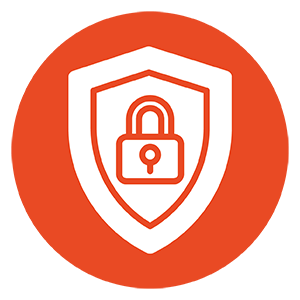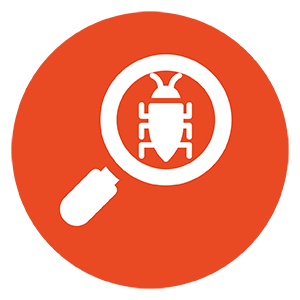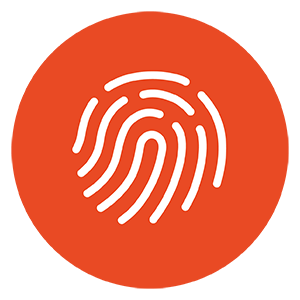Cyber News
Cyber threats are evolving every day, keeping up with them is a full-time job. The WESTprotect Cyber News is your source for how these changes affect you in the real estate, title, mortgage, and settlement services industry. From cyber threats to new Tactics, Techniques, and Procedures (TTP’s) we’ve got you covered.
Is Tik Tok a Security Threat?
July 10, 2020
The young adult in your life probably loves it. The federal government in your life likely doesn't. Call it a love-hate relationship with the social media app Tik Tok, whose connection with China is no secret at this point. China-based ByteDance owns the short-form video platform and has quickly reached a global audience. The company has attempted to distance itself from the Chinese Communist Party, but governments around the world are raising privacy and security concerns. Read more >>>
The threat actor behind the Joker Android malware has once again succeeded at slipping spyware infected apps onto the Play Store, Google's official Android app store. Joker malware, a spyware and premium dialer tool, also known as Bread was originally designed to perform SMS fraud on infected Android apps. More recently, Joker's creators have moved to new tactics after Google introduced Play Store policies that restrict the use of SEND_SMS permissions and increase Google Play protects coverage. Read more >>>
There are more than 15 billion stolen account credentials being sold or even shared for free on the dark web, with individual entries selling for an average of $15.43, a new research report states. Roughly one-third of the credentials, or about 5 billion, are unique, according to Digital Shadows, whose researchers reached these totals following an analysis of two-and-a-half years of advertised account credentials found across nine active and defunct dark web marketplaces. Read more >>>

Phishing, Vishing and SMishing – Oh My!
July 7, 2020
Once upon a time, our biggest Internet aggravation was a simple chain email. Remember those? Forward this email to 25 friends or you will get sick. Well, the world has certainly changed quickly, and now it feels like a full-time job to protect yourself and your clients. Read more >>>
University of California San Francisco ("UCSF") admitted having paid roughly $1.14 million to cybercriminals to recover data encrypted during a ransomware attack that took place in June. Threat actors launched malware that encrypted a limited number of servers within the School of Medicine, making them temporarily inaccessible. Read more >>>

Turn on MFA Before Crooks Do It For You
June 23, 2020
Hundreds of popular websites now offer some form of multi-factor authentication (MFA), which can help users safeguard access to accounts when their password is breached or stolen. But people who don’t take advantage of these added safeguards may find it far more difficult to regain access when their account gets hacked, because increasingly thieves will enable multi-factor options and tie the account to a device they control. Here’s the story of one such incident. Read more >>>








